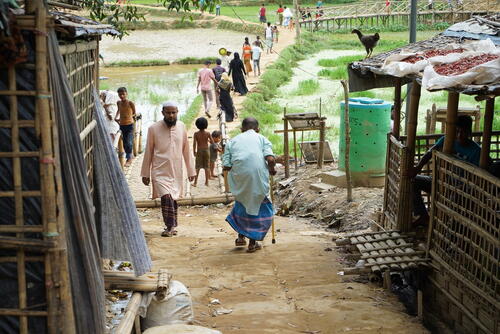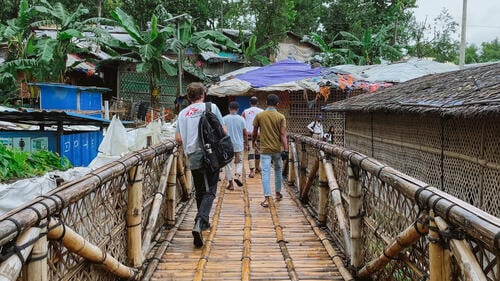Around 1 million Rohingya refugees are living in Cox’s Bazar, which has hosted refugees from Myanmar since 1978. As violence continues in Rakhine state, Myanmar, people continue to flee across the border to Bangladesh. They arrive to Cox’s Bazar’s over-cramped living spaces and lack of basic services, finding themselves reliant on humanitarian aid for survival.
We are on site in Cox’s Bazar, running three 24/7 hospitals and supporting in five other health facilities. Our teams provide free of charge services like family planning, neonatal intensive care, mental health support, and non-communicable disease management.
In Bangladesh’s capital city, Dhaka, where MSF first worked in 1972, we are running a clinic for local communities in the Kamrangirchar neighbourhood. We also support the Kamrangirchar hospital by providing sexual and reproductive health services. As a low-lying coastal country, Bangladesh is exposed to severe flooding and monsoons. Our teams are prepared to support national authorities during flooding emergencies.
Our activities in 2023 in Bangladesh
Data and information from the International Activity Report 2023.
2,012
2,012
€29.8 M
29.8M
1985
1985
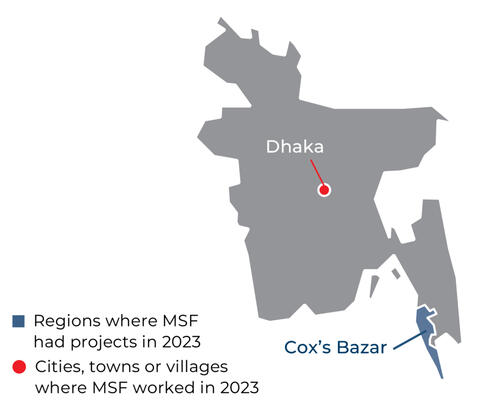

628,300
628,3
40,800
40,8
24,000
24,

5,270
5,27
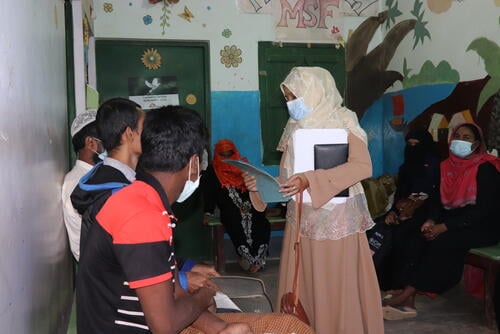
Relocations, reduced services leave Rohingya communities at breaking point in Bangladesh
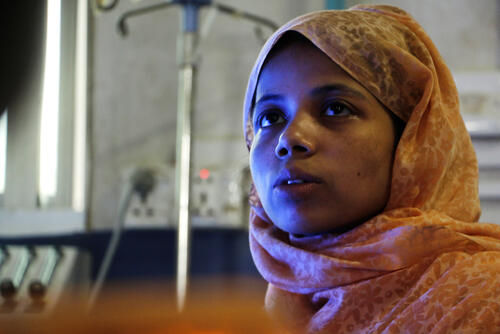
Rohingya refugees remain in limbo three years after mass exodus
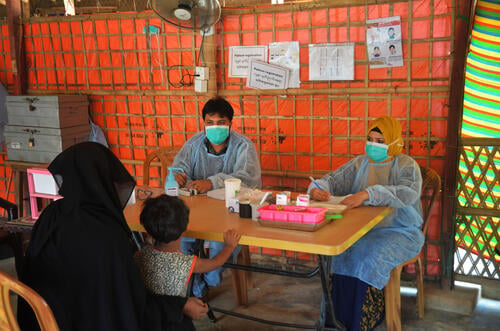
Five challenges for the Rohingya in Bangladesh amid COVID-19

Rohingya refugees left to starve at sea
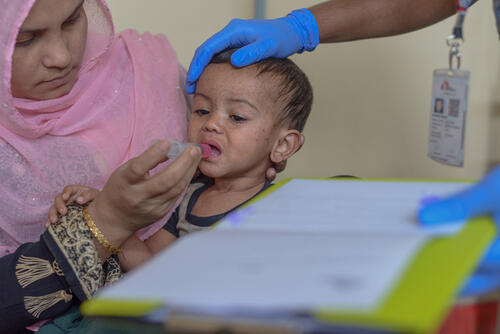
“These children shouldn’t be sick” – tackling measles in Rohingya refugee camps
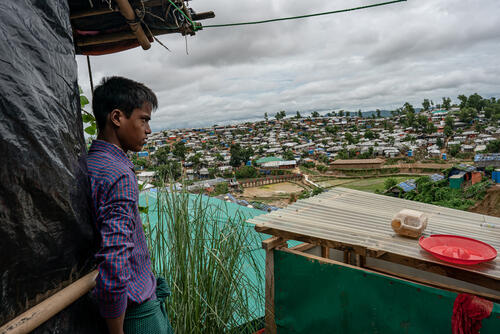
Rohingya refugee crisis: Unseen wounds need to heal
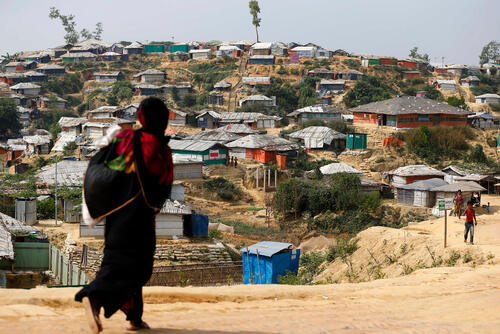
ASEAN should show true leadership on Rohingya, Myanmar
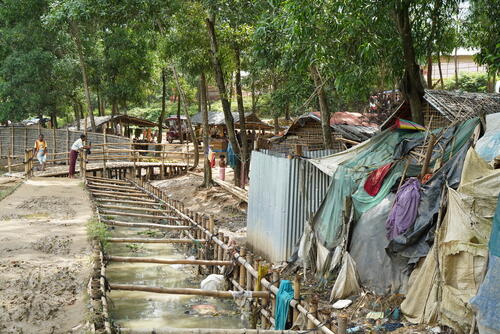
Two years on: No solutions in sight for the Rohingya
